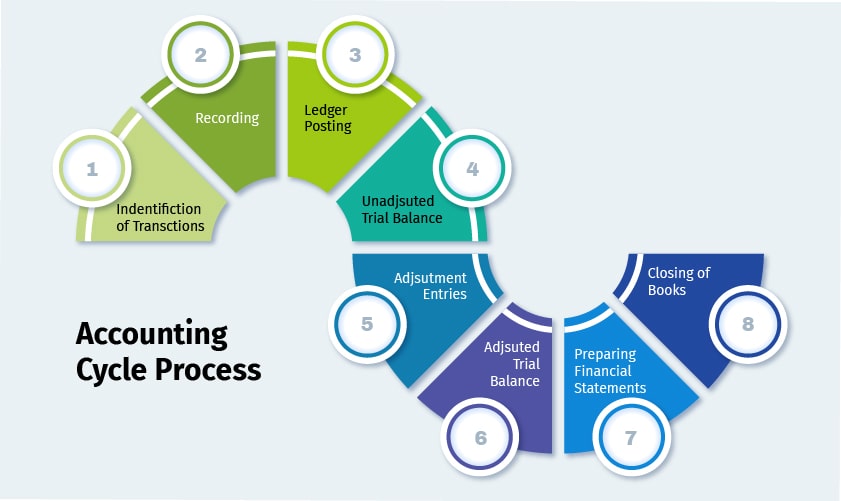Accounting Software Simplify the Process of Bookkeeping

Accounting software simplifies the process of bookkeeping by automating many tasks and providing tools to streamline record-keeping, organization, and analysis of financial transactions. Here's how accounting software makes bookkeeping easier:
Automation of Data Entry: Accounting software automates the process of entering financial transactions, such as sales, purchases, expenses, and payments. Instead of manually inputting each transaction, users can import data from bank feeds, invoices, receipts, and other sources, saving time and reducing errors.
Organization of Financial Data: Accounting software organizes financial data systematically, categorizing transactions based on predefined chart of accounts or custom categories. This organization makes it easier to track and analyze transactions by type, date, account, or any other relevant criteria.
Real-time Updates: Transactions recorded in accounting software are updated in real-time, providing users with immediate access to the latest financial data. This ensures that users have accurate and up-to-date information for decision-making, financial reporting, and monitoring of cash flow.
Bank Reconciliation: Accounting software includes features for reconciling bank and credit card transactions with internal financial records. Users can match transactions, identify discrepancies, and reconcile balances efficiently, ensuring accuracy in financial reporting and preventing errors or fraud.
Invoicing and Receivables Management: Many accounting software solutions offer invoicing features that automate the process of creating and sending invoices to customers. Users can track outstanding invoices, send payment reminders, and reconcile payments received, streamlining the management of accounts receivable.
Expense Tracking and Payables Management: Accounting software helps users track business expenses and manage accounts payables effectively. Users can record and categorize expenses, track vendor payments, and generate reports to monitor spending and manage cash flow.
Financial Reporting: Accounting software generates various reports and financial statements summarizing transactional data, such as balance sheets, income statements, cash flow statements, and aging reports. These reports provide insights into the business's financial performance, trends, and areas for improvement, simplifying financial analysis and reporting.
Tax Compliance: Many accounting software solutions include features to ensure compliance with tax regulations, such as calculating and tracking sales tax, generating tax reports, and facilitating tax filing processes. This simplifies tax preparation and helps businesses stay compliant with tax laws and regulations.
Overall, accounting software simplifies the process of bookkeeping by automating tasks, organizing financial data, providing real-time updates, facilitating reconciliation, streamlining invoicing and expense tracking, generating reports, and ensuring compliance with tax laws. By leveraging accounting software, businesses can streamline bookkeeping processes, reduce errors, and improve efficiency in managing their finances.
Thank you,